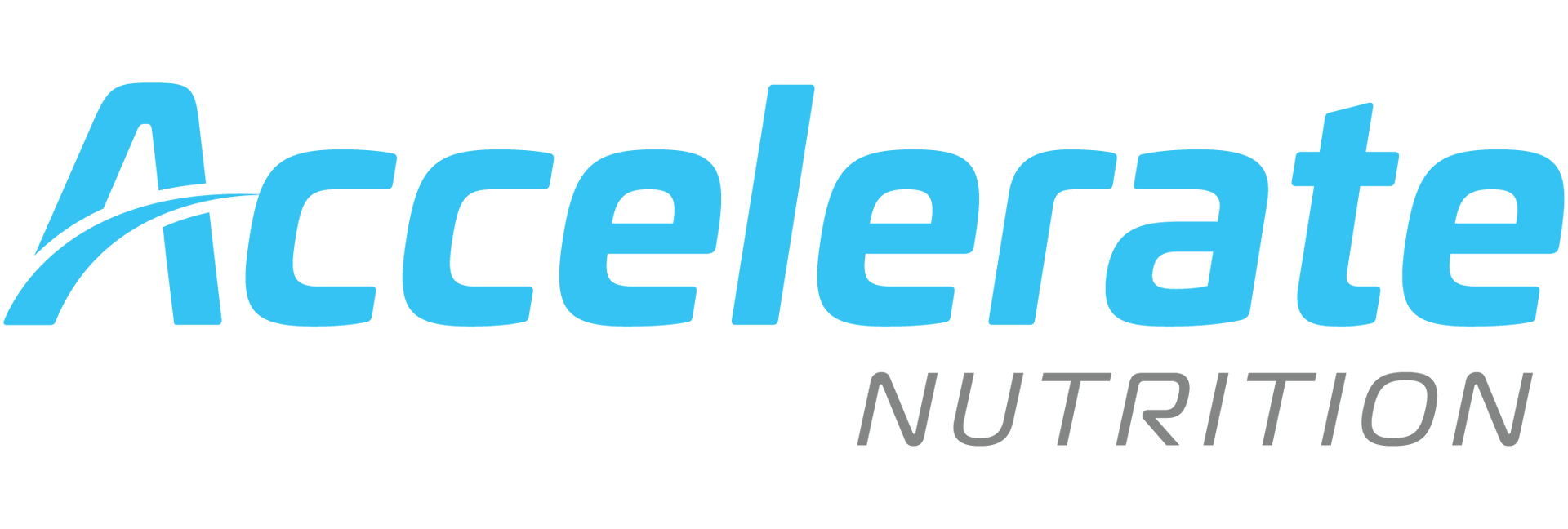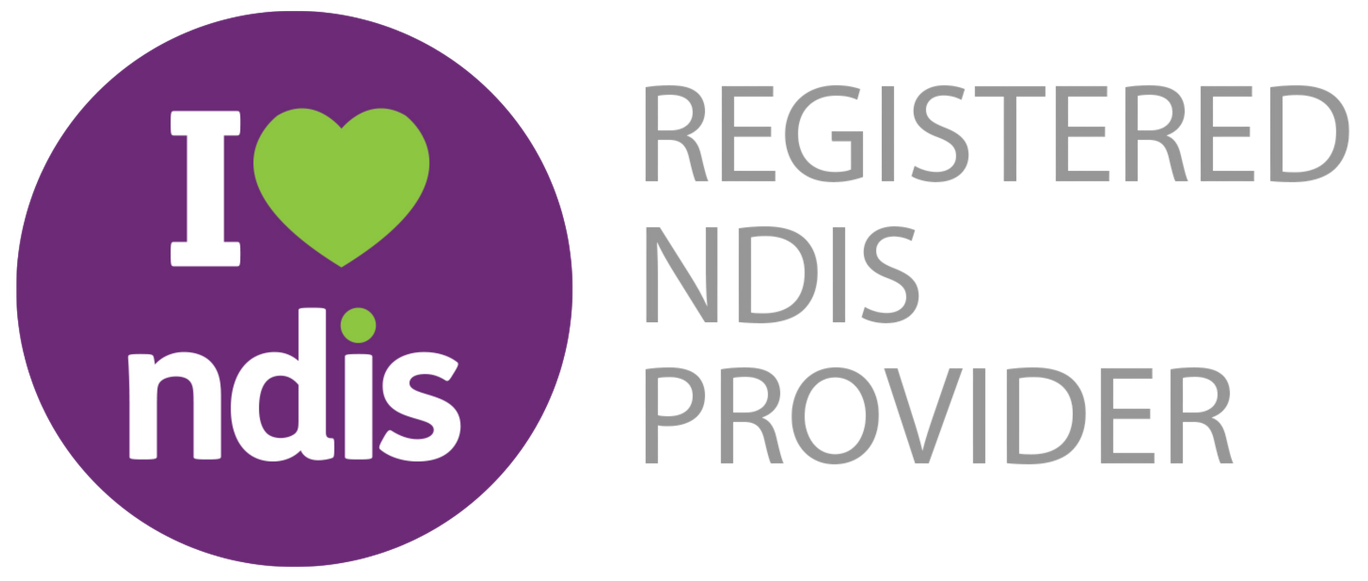Your Ultimate Guide To Food Support Resources For Carers
Why Carers Deserve Support Too
The truth is, feeding someone else can take a lot out of you.
The planning, the cooking, the emotional labour - it adds up.
And too often, carers forget about their own needs while meeting everyone else’s.
This guide shares practical resources to make food support easier - for the person you care for, and for you too.
Because helping someone else starts with looking after yourself.
Resource 1: Dietitian Home Visits
Dietitians don’t just work in clinics.
Many offer home visits, funded through the NDIS, Home Care Packages (HCP), or private payments.
A home visit means:
- The Dietitian sees your real routine
- Food advice fits your space and setup
- There’s less stress around travel
You can also ask the Dietitian to write clear feeding instructions, nutrition plans, or snack ideas that work for the person you support.
That way, you’re not holding all the information in your head.
Difference Between Dietitian and a Nutritionist:
A lot of people are confused about the difference between what a dietitian can do and what a nutritionist can do.
Nutritionist can give general advice, but when it comes to challenging issues or issues where there are multiple medical things at play, we would recommend working with a dietician.
Dietitians have a higher level of training and a high level of expertise than nutritionists are required to have.
It’s Okay To Ask For Help With Food Too
Some carers feel guilty about needing help. But support isn’t about replacing you - it’s about making sure you’re not burning out.
Dietitians can also check that meals are nutritionally balanced without overwhelming the person eating - or the person preparing them.
If the person you support has specific needs (such as swallowing problems, texture-modified diets, or sensory challenges), a home visit can also include safe practice checks and setup ideas that improve comfort and confidence.
Resource 2: NDIS Or HCP-Funded Support Worker Training
If a support worker helps with mealtimes, they need to know what’s helpful - and what’s not.
A Dietitian can train support workers on:
- Food safety and hygiene
- Tube feeding or PEG routines
- Supporting people with autism, ADHD, dementia, or trauma
- Avoiding pressure, shame, or overwhelm at meals
This training can be included in an NDIS plan under "Improved Daily Living" or in a Home Care Package under allied health support.
It can happen in-person or online. Training is often short, practical, and focused on the food habits that matter most to the person you support.
You don’t need to do all the teaching alone. Let someone else help carry the load.
Resource 4: Nutrition Support For The Carer
Yes, you too.
If you’re skipping meals, eating whatever’s fastest, or feeling flat all the time - you’re not alone.
Carers often put their own needs last. But your energy, focus, and mood are deeply linked to how you eat.
Ask a Dietitian for help with:
- Quick meals you can actually make
- Snacks that keep you going through the day
- Eating well during stress or grief
- Reducing digestive issues linked to exhaustion
- Finding time to eat when routines feel full
You don’t need a perfect diet. You need practical ideas that work in your life - on the good days and the hard ones.
Good care doesn’t mean self-sacrifice. It means balance.
Resource 5: Local Food Services
If cooking feels impossible, you’re allowed to look for help.
Ask your aged care provider, NDIS plan manager, or local council about:
- Community meal delivery programs
- Culturally appropriate food services
- Frozen meal packs
- Shopping assistance for carers
- Bulk-prepped food options for reheating
You can also ask a Dietitian to review these services with you and make sure they meet your needs (and taste preferences).
Flexible Food Support That Fits Your Routine
Some services even offer food that fits texture-modified or health-specific needs.
Others allow you to mix meal deliveries with your own cooking.
There’s no one right way - just what works for your energy and your situation.
There is no shame in getting food delivered. It might be exactly what gives you more time and energy to care.
Resource 6: Group Support And Peer Advice
You don’t have to figure out food alone.
Talking with other carers can:
- Help you feel less isolated
- Offer meal ideas that work in the real world
- Give you permission to do things your way
Look for local carer support groups, community hubs, or online forums. You might find:
- Recipe swaps that work for your situation
- Time-saving tools (like favourite blenders or prep hacks)
- Emotional support around mealtime stress or burnout
Some Dietitians also run workshops or small groups where you can:
- Learn simple cooking skills
- Share struggles with food routines
- Get clear, kind guidance on nutrition
Connection matters. Especially when you're giving so much of yourself every day.
And sometimes just hearing, "I'm tired too," is enough to feel a little lighter.
Resource 7: Food Budget Support
Caring often affects income. You might be juggling bills, working part-time, or using personal funds to shop for someone else.
Budgeting for food can feel overwhelming.
Dietitians can help you:
- Make the most of what’s in the pantry
- Stretch a small food budget without losing quality
- Choose foods that last longer or work across meals
- Find funding options for supplements, nutrition drinks, or medical food items
If you’re supporting someone with high nutritional needs (like wound healing, pressure injuries, or underweight), this support can be critical.
You don’t have to solve this alone.

Let’s Make Food Feel Easier For Everyone
Get in touch if you want to talk through your situation.
There’s help for the person you care for. And there’s help for you too.






